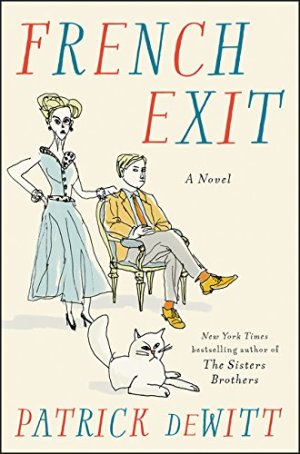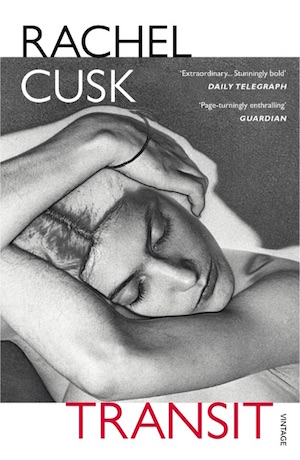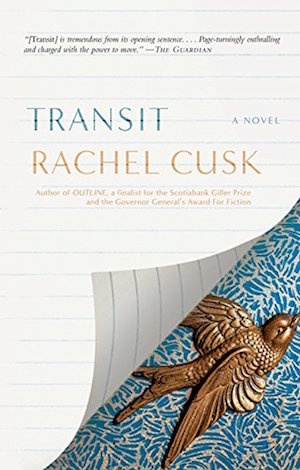Fiction – Kindle edition; Vintage Digital; 285 pages; 2018.
Warlight by Michael Ondaatje is one of those novels that is almost impossible to review because trying to describe what it is about is as difficult as catching cumulous clouds in a butterfly net.
Boiled down to its most basic premise, it’s a story about a son trying to figure out the secrets of his late mother’s life. But it’s also about the shadowy world of espionage and London’s criminal underworld during the 1940s and 1950s.
It’s divided into two parts. The first, set in London immediately after the Second World War, looks at what happens to 14-year-old Nathaniel, the narrator, and his older sister, Rachel, when they are left in the care of a guardian while their parents head to Singapore for a year. The second, set a dozen years later, details Nathaniel’s investigation into his mother’s hidden past following her untimely death: who exactly was she, and what kind of work did she do during the war?
Mystery and intrigue
In 1945 our parents went away and left us in the care of two men who may have been criminals.
So begins the story, which is a mix of boys’ own adventure, mystery, intrigue and coming of age, for in the first part of Warlight Nathaniel is given pretty much free rein to do as he likes. When he’s not at school, he’s doing part-time jobs in restaurants and hotels (largely as a kitchen hand), mixing with people much older than himself, and exploring sex with a working-class girl who’s a little older than himself. He also accompanies an older man (a longtime friend of his mother’s) on furtive sailings up and down the Thames on a mussel barge, smuggling greyhounds into the country.
But this exciting new world, dangerous and life-affirming by turn, comes to a head in a dramatic way, and so when the second part opens we meet an older, more reflective Nathaniel, eager to piece together his mother’s story. Now working in London for the security agencies, he has access to high-level secret information. And what he discovers, ephemeral and mysterious as it appears to the reader, allows him to make sense of his upbringing and the people with whom his mother associated.
Not about plot
This is not a plot-driven novel. I’m not even sure it’s a character-driven one — although it does have a vast cast of characters involved in the field of espionage who are all wonderfully drawn. It could be defined as a mystery novel, even though it’s not about a murder and it’s not the least bit suspenseful. (See how I am struggling to describe what this book is about!)
It’s the prose, elegant and restrained, and the voice of the first-person narrator, coolly detached but not without feeling, that gives Warlight its flavour and makes it so highly readable.
The story is moody and elegiac and highly evocative of another time and place, making this possibly the most London-centric novel I’ve ever read, with its vivid descriptions of the streets and buildings and canals and waterways.
That first magical summer of my life we smuggled more than forty-five dogs a week at the height of the racing season, collecting the gun-shy creatures from a dock near Limehouse onto the mussel boat, and riding the river in darkness into the heart of London towards Lower Thames Street.
There’s a vein of melancholy that runs throughout, which is hard to shake off whenever you lift your eyes from the page, and days after having finished this one I can feel the mood of it lingering in my mind.
The story is a powerful one. It’s reflective of the role some ordinary Londoners played in the Second World War and how their actions haunted them and their families long after it was over.
Warlight was longlisted for the Man Booker Prize in 2018.
This is my 11th book for #BIPOC2021, which is my plan to read more books by black, Indigenous and people of colour this year.













